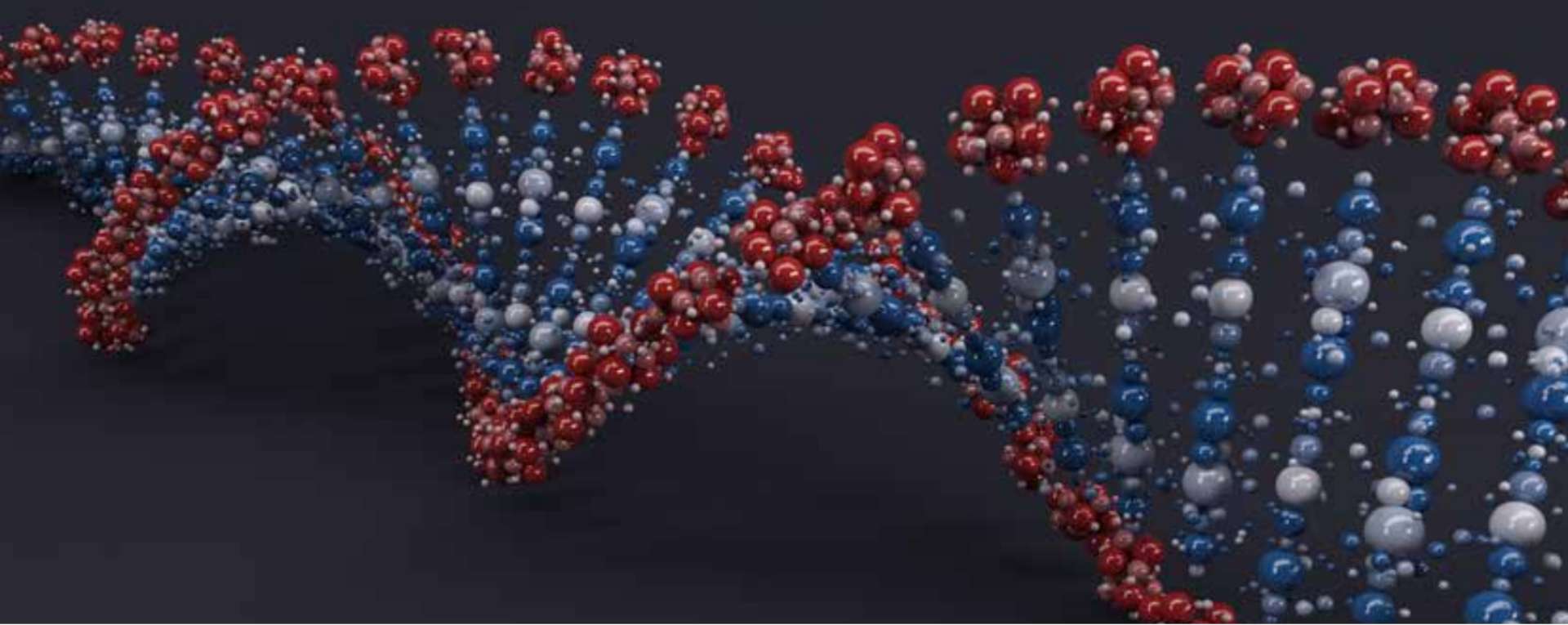

Chronic pain due to inflammation and neuropathy is a global clinical problem. Several good experimental animal models were developed over the years to study the underlying pathological mechanisms of Inflammatory chronic pain as well as to develop novel analgesics. However, there is a lack of good chronic Inflammatory musculoskeletal pain animal model. Most of the models have tested acute musculoskeletal Inflammatory pain but the chronic studies do not extend beyond 3 – 4 weeks. Carrageenan probably produces a non-immune-mediated inflammation. However, λCarrageenan, a water-extractable polysaccharide derived from marine plants (Gigartina aciculaire and Gigartina pistillata) causes a short-lasting acute inflammation and hyperalgesia in animal models when injected into tissues but not on topical application or ingestion. The acute inflammatory response is characterized by the accumulation of neutrophils in the perivascular space accompanied by the local release of noxious chemicals such as glutamate, prostaglandins, histamine, and serotonin. These lethal chemicals sensitize primary afferents resulting in primary hyperalgesia.
Aragen Life Sciences offers a wide range of preclinical models for the screening of a variety of therapeutics across several diseases. Our expert team of in vivo pharmacologists have established robust and highly reproducible models of experimental chronic pain by inducing chemical stimulants or by surgical procedure. Many clients have successfully used our experimental λ-Carrageenan-induced inflammatory pain model for preclinical screening their promising analgesic candidates. We describe below the key steps and pharmacological validation of experimental λ-Carrageenan-induced inflammatory pain model.
The model was developed using male SD rats (280 – 300 g). The inflammatory pain was induced by intra-plantar subcutaneous injection (100µL) of 2% λ -carrageenan. This procedure causes transient inflammation and acute swelling reaching a maximum threshold after 3 to 5 hr injection and subsides within 24 hr.
Model was validated by measuring the development of tactile/mechanical allodynia, characterized by 50% Paw withdrawal threshold (mechanical sensitivity), withdrawal response to punctuate mechanical stimuli applied with von Frey filaments. Results showed that the control animals had withdrawal response at > 12g, whereas the λ-Carrageenan-induced rats showed withdrawal/pain response at lower force stimuli as indicated by the threshold values (50% Paw withdrawal threshold < 2.5g) (Figure 1). The maximal allodynia was observed after 3 to 5 hrs of injection but subsided later. To further validate the model, the carrageenan treated animals were administered Tramadol (30mg/kg, p.o.). After 1 hr of treatment the animals tolerated higher mechanical stimuli, however, the Tramadol’s effect decreased after 1 hr (Figure 1).
Aragen’s scientists have successfully established an λ-Carrageenan-induced inflammatory pain model. This model is robust and frequently used to study the pathogenesis of inflammatory pain and the preclinical efficacy testing of the prospective therapeutic analgesic molecules.
We offer our clients, customised protocols and flexible research protocols based on their goals. Our highly skilled and experienced scientific team provides a reliable drug efficacy evaluation service backed with high-quality data and mutually agreed timeline. To learn more about our pain models and in-vivo pharmacology services please write to us at bd@aragen.com.
